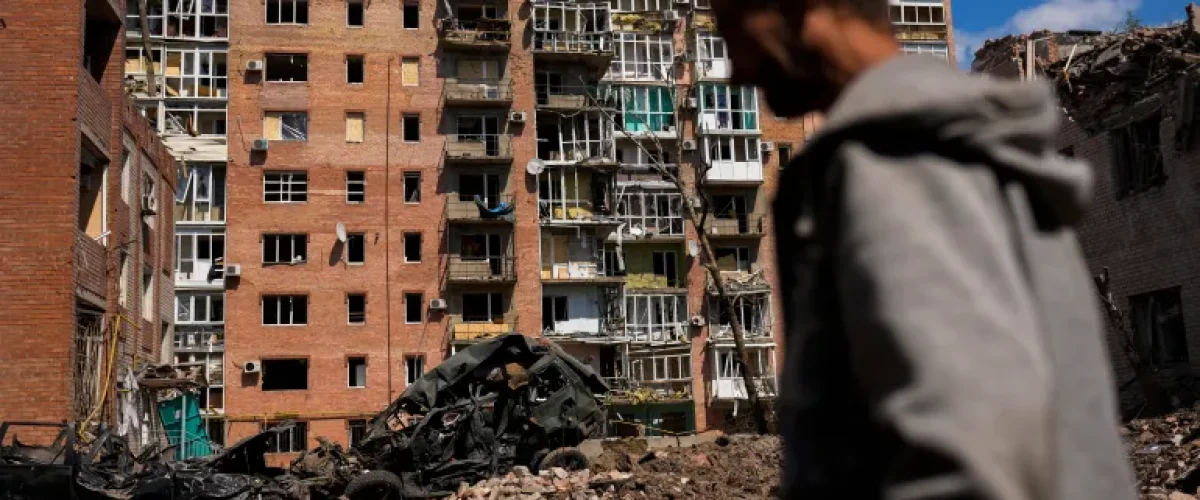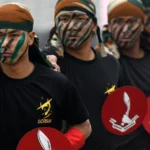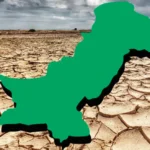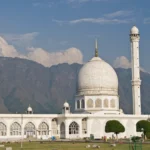According to the recently available dominant literature, Ukraine Crisis is the fault of Russia. The West put its blame on Putin for his so-called desire to resuscitate the Union of Soviet Socialist Republics (USSR). But this account is contestable since the policy failure of the United States and its European allies lead to Ukrainian deadlock. At first, even after the end of the Cold War, NATO kept expanding rather than disbanding. Secondly, starting with the Orange Revolution of 2004, the West started backing the democratic movements in Ukraine. Thus, Russia’s response stands very natural and rational. The West tried to curtail Russia by moving into its backyard and threatening Russian interests. The elites of the West may not subscribe to Realpolitik, but its relevance cannot be ignored.
On West: Three Policy Flaws
The West came up with a problematic package of three policy flaws; the expansion of the North Atlantic Treaty Organization (NATO), the European Union’s enlargement, and democratic campaign. Even after the disintegration of the USSR, NATO kept looking eastward with the phases of its expansion. Ukraine crisis points out the fact that the West learned nothing from Russia’s bombing of Bosnian Serbs (1995) and Russia’s invasion of Georgia (2008). The EU is also expanding towards the East. One indication was the 2008 Eastern Partnership Initiative which sought to integrate former Soviet Socialist Republics into the EU economic bubble. The thing which added fuel to this immense fire was the projection of Western democratic values in Ukraine. Victoria Nuland, the then US Assistant Secretary of State for European and Eurasian Affairs at the United States Department of State, said in an exclusive interview with CNN’s Christiane Amanpour on April 21, 2014, the US has spent more than 5 billion dollars since 1991 to project its values in Ukraine.
Russia: Geopolitics 101
Russia’s actions speak for themselves. Ukraine is a flat land buffer zone for Russia which has protected it from Napoleonic France, and Imperial and Nazi Germany.
One can easily conclude that no Russian leader can tolerate any military alliance right on its doorstep. The West may rule out Russia’s position in its liberal delusion, but it cannot change the reality and logic behind it. All the great powers have been cautious about potential threats near their territory; this is Geopolitics 101. The US would not even tolerate some great power in the Western hemisphere, long before on its borders. The outrage from the US will be immense if China, by some means, managed to forge a military alliance with Mexico or Canada. The US tried a lot to convince Russia that NATO expansion has no designs on Russia, however, the alliance has kept a military presence in its new member states.
In an interview in 1998, George Kennan foretold that the NATO expansion would create a new crisis and the West would come up with the argument ‘we always told you that is how the Russians are.’ Some analysts say that Putin wants to recreate the Soviet empire and he has been testing the waters since the Crimean annexation to find the right time to act. However, if Putin was that insistent on recreating the Soviet empire, why was there no sign of it before the annexation of Crimea.
Russia & West’s Liberal Delusion
One must keep in mind that military adventures in regions like Ukraine end badly. Such case studies are also prominent in the Afghan War, Operation Enduring Freedom, the Vietnam war, and the US invasion of Iraq.
The West has been in a constant liberal delusion while Russia has acted realistically and defensively. The recent operation launched by Russia in Ukraine has yet again proved that this crisis is totally a fault of the West. Despite the repeated warnings from Kremlin, NATO kept its expansion eastwards. According to some scholars of the post-cold-war era, NATO lost its credibility after the disintegration of the USSR. The democratic government of Ukraine also undermined the sentiments of Ukrainian rebels. Here stands the mind-boggling question ‘How the West can exonerate itself from the Ukrainian crisis?’ The Ukrainian power elite has constructed its interests in the Western paradigm stressing the spring so much that it is hitting back harder than ever. Now when the Rubicon has been crossed, no one is there to fight for or stand by Zelensky’s Ukraine. The West has been constantly poking the bear without considering the phenomenon of Realpolitik.
The views expressed in this article are the author’s own and do not necessarily reflect the editorial policy of the South Asia Times.






